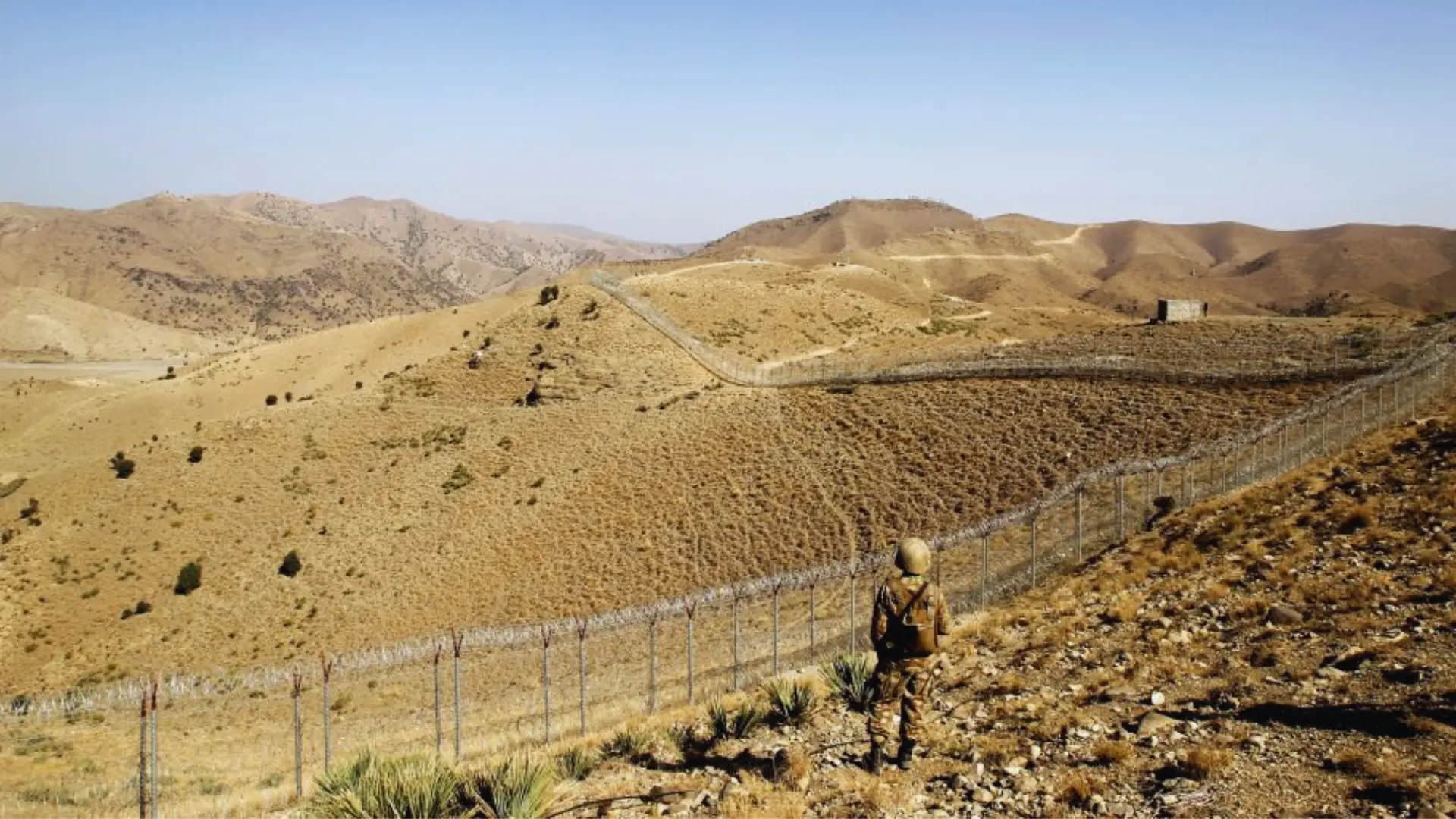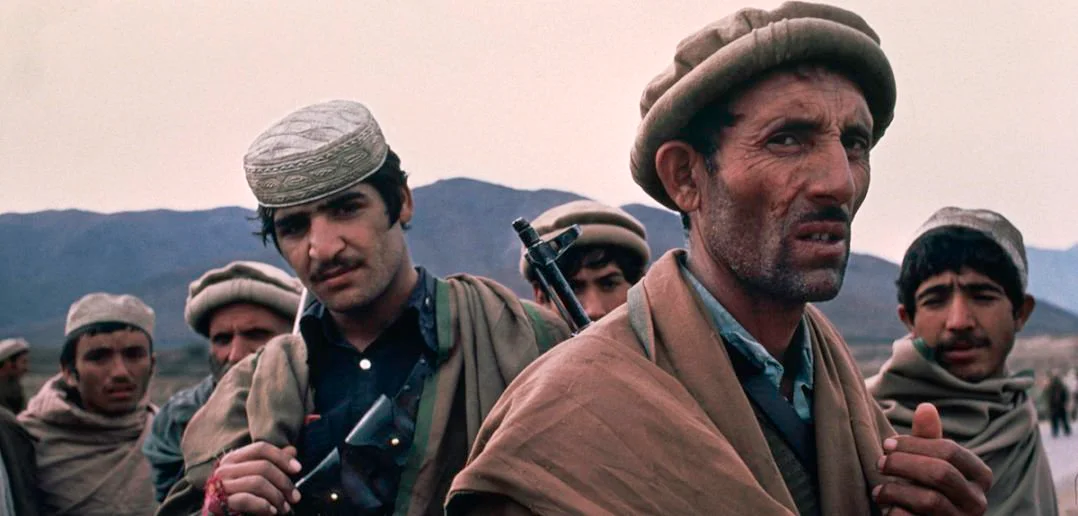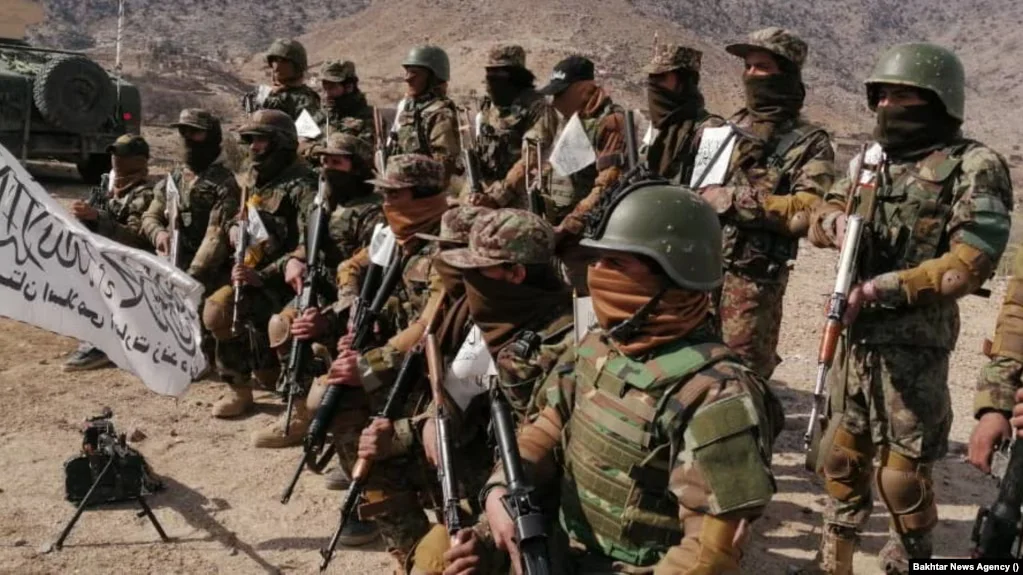A recent letter from Pakistan’s Caretaker Prime Minister, Anwar ul Haq Kakar, to his Afghan counterpart is receiving mixed reactions. Some view it as a routine exchange, while others see it as a reconciliatory move. The former say it was a response to the felicitation message by Afghanistan’s Acting Prime Minister, Mullah Hassan Akhund. The latter are trying to read between the lines of the letter. They aim to see it as an attempt to melt the ice that has built up in the second year of the Interim Government of the Islamic Emirate of Afghanistan (IEA). This ice has affected the Af-Pak relationship.
Pakistan initially hailed the takeover of Kabul and the establishment of the IEA. As a good neighbor, Pakistan extended the support it could and even received a fresh wave of Afghan refugees. However, a growing streak of militant attacks on Pakistan’s security forces followed the takeover of Kabul. This shift reversed the previous equation and caused problems for the Af-Pak relationship.
An emboldened Tehrik e Taliban Pakistan (TTP) was the least desirable outcome of the transition in Afghanistan
The Presence of TTP
Nevertheless, an active TTP launching attacks from Afghanistan has become a new irritant. This development is affecting the love-hate relationship between the two countries. The IEA responds to any calls for action by Pakistan with denials of the presence of TTP inside Afghanistan. However, these denials are far from true and only worsen the situation. This was illustrated by two simultaneous encounters on September 6 and the subsequent closure of the Torkham Border Crossing for nine days.
Afghanistan received the closure as an unfair move affecting trade. However, the lack of will to address the underlying cause still persists. The recent report presented to the United Nations Security Council provides ample evidence of the TTP’s presence on Afghan soil. The report records 4,000 active TTP members in Afghanistan. It also notes that NATO weapons are unfortunately in the hands of these militants.
Also See: Afghanistan and Pakistan: The Road to Prosperity
Both Sides Blaming Each Other
The internal discourse in Pakistan and Afghanistan has once again centered around “who started the fire?” This focus on blame steals space that could otherwise be used for bilateral exchanges on long-term policy steps. These steps are necessary to ensure that no flicker catches fire. It seems that no lessons have been learned, and policy circles on both sides are giving in to misleading rhetoric.
Both countries have had a fair share of damage caused by reaction-driven approach to problems that actually want long-term redressal
After coming to power, the IEA displayed such a spirit by facilitating talks between the TTP and Pakistan but after those talks could not make a headway, the IEA has adopted an approach that repeatedly labels Pakistan’s own internal issues to be the cause of increased militant attacks.
But the Chitral incursion made it clear as day that militants crossed into Pakistan from the other side of the border. This incident only puts the IEA in a paradoxical position; where the incoherence of its policy regarding TTP becomes apparent. Even if the letter by the Caretaker PM of Pakistan was a reconciliatory move, it was the right gesture. Instead of turning the irritant into a hardened conflict, the best that both sides can do is to take the matter with caution and to keep navigating for possible peaceful solutions.






